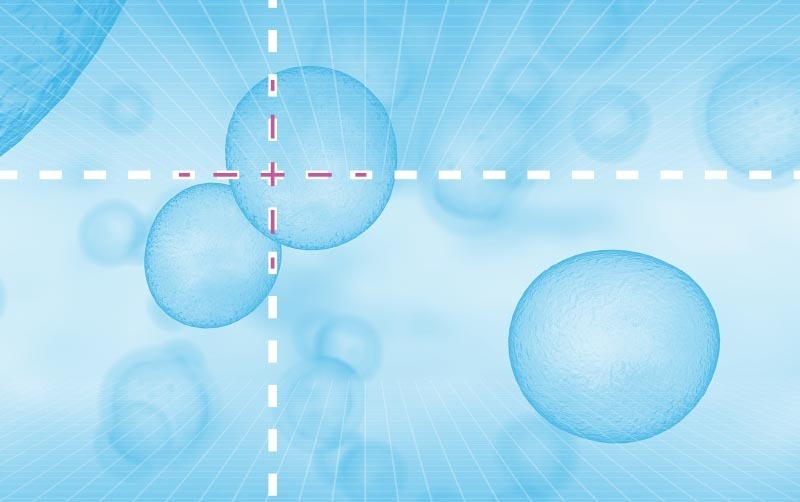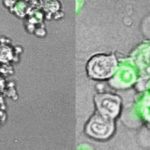Immunotherapy for kids: An option for childhood liver cancer?

You may have seen ads for immunotherapy drugs, or even know someone whose cancer has been treated with them. These medications, which use a patient’s own immune system to help fight cancer, are increasingly popular for treating solid tumors in adults. However, immunotherapy has been less successful in treating cancer in kids.
The reason for that is that tumors in children differ from those in adults, explains Dr. Allison O’Neill, director of the Liver Tumor Center at the Dana-Farber/Boston Children’s Cancer and Blood Disorders Center. “Most solid tumors in kids are less complex than those in adults,” she says. “This provides doctors with fewer targets for the immune system to recognize, which renders immunotherapy drugs less effective in childhood cancers.”
But hepatocellular carcinoma (HCC) could change that. This rare and aggressive form of childhood liver cancer shares enough similarities with its adult counterpart to make it a good disease for which to study immunotherapy treatments, explains Dr. O’Neill.
Understanding immunotherapy
When your child has a cold, their immune system rallies to fight it: Immune cells called T cells recognize and destroy viruses, bacteria, and other foreign substances they perceive as harmful. The immune system tries to fight cancer, too. This can be tricky, however. Some cancer cells are able to evade immune cells or even stop them from working properly.
Immunotherapy attempts to help the immune system work better to identify and kill cancer cells. Different immunotherapy drugs accomplish this in different ways. Some block certain checkpoints in the immune system, allowing the immune cells to respond to cancer more strongly. Others boost the ability of T cells to fight cancer. And still others enhance the immune system through various mechanisms.
Two studies could help find answers
The U.S. Food and Drug Administration (FDA) has approved immunotherapy drugs to treat a number of adult cancers. Now, Dr. O’Neill hopes that two ongoing studies will open doors for the use of immunotherapy in childhood liver cancer.
The first, a trial of pediatric patients with HCC, aims to learn more about how the drug pembrolizumab — already FDA approved in adults — might allow immune cells to better recognize liver tumors in pediatric patients. This study will also allow an in-depth exploration of the immune environment of pediatric HCC tumors and an analysis of how circulating and tumor-associated immune cells change in response to treatment with this drug. This trial is open and enrolling eligible patients ages 1 to 30.
The second study, conducted with Eureka Therapeutics, will seek to study the safety of an engineered T cell receptor capable of recognizing a protein (called alfa-fetoprotein) produced by both HCC and hepatoblastoma tumors. This novel T cell therapy is currently being studied in adults and is now being studied for the first time in pediatric patients. This trial is open and currently enrolling eligible patients 12 years old and up, but ultimately will enroll children ages 1 to 21.
“These studies will offer significant insight into the immune landscape of these difficult-to-treat tumors,” says Dr. O’Neill. “They will undoubtedly help us learn more about the role of immunotherapy in pediatric liver cancer.”
To learn more, contact the Liver Tumor Center.
Related Posts :
-

A surprising diagnosis leads to treatment for Liam’s liver cancer
For Liam Dickerson, what started as a simple sick day turned into a journey he never could have expected. In 2018, ...
-

Coping with hepatoblastoma: It didn’t take magic for John’s family to find answers
John Ogden considers himself a bit of a wizard. When his dad, Nick, says he wishes he had a boat, ...
-

Meghan’s journey with UESL: Finding treatment for a rare form of liver cancer
In the spring of 2017, Meghan Tompkins and her parents, Danni and Michael, arrived at the Dana Farber/Boston Children’s ...
-

Gasdermin E: A new approach to cancer immunotherapy
Tumors have figured out various ways to prevent the immune system from attacking them. Medicine, for its part, has fought ...





